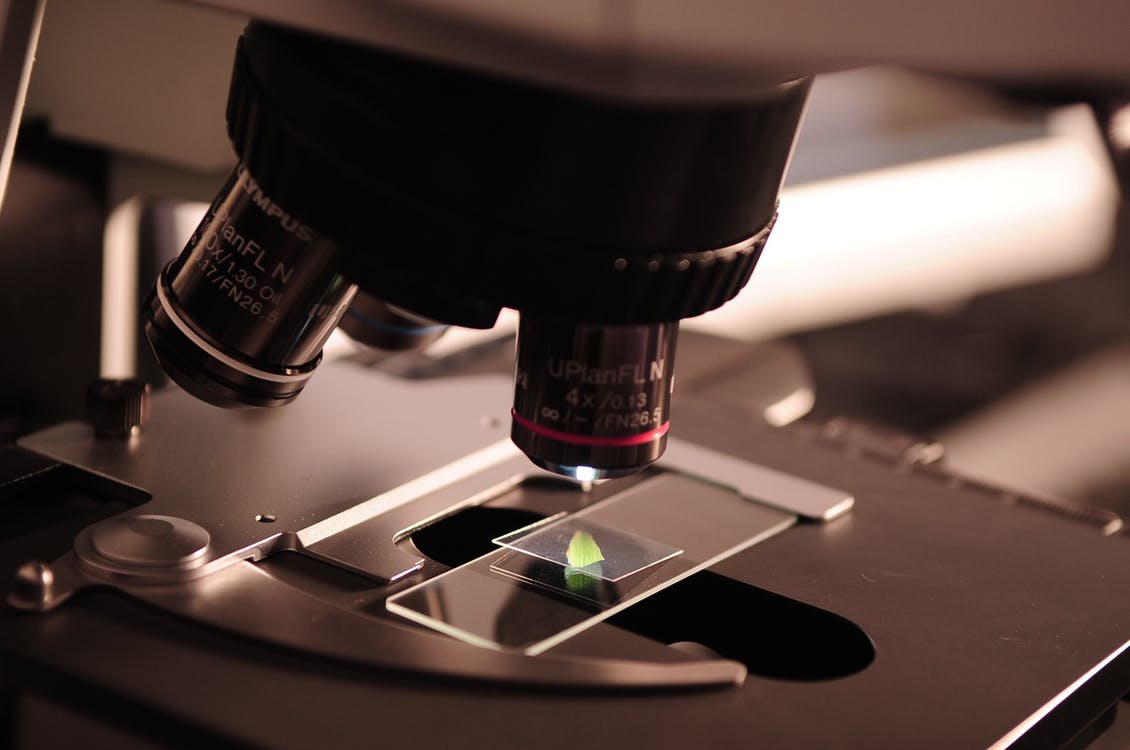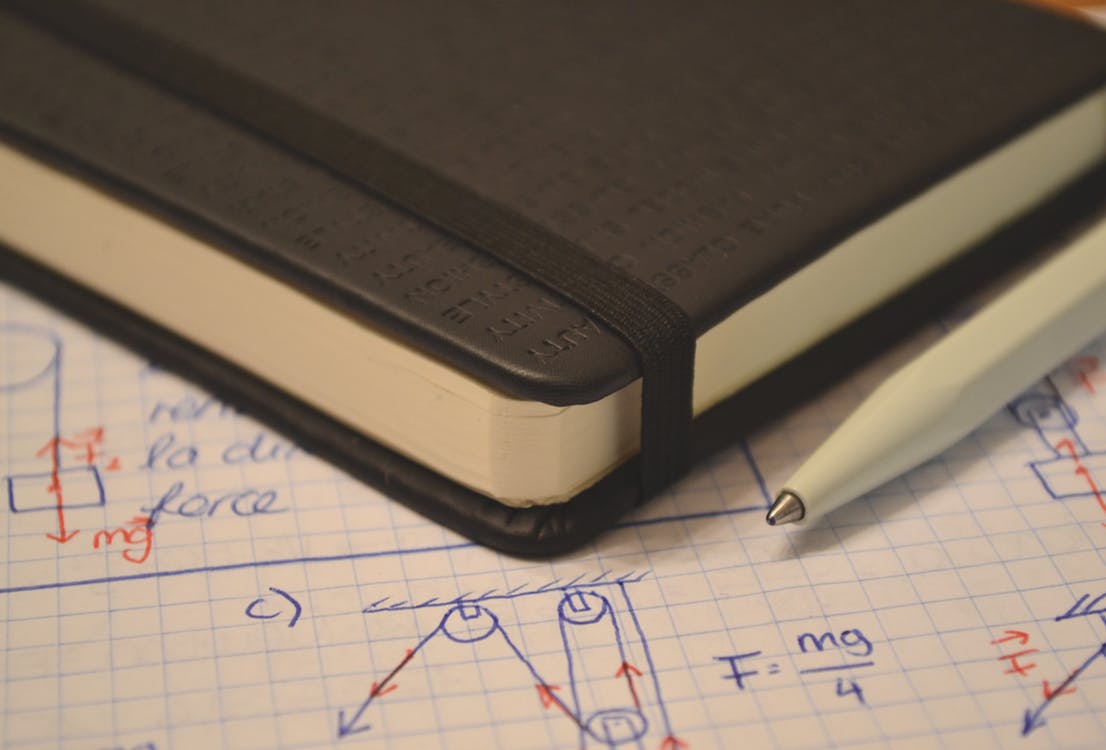Most Popular Scientific Theories that Turned to Be Wrong
The science has two sides: on the one hand, it studies nature, the universe and its laws, invents, finds and proves, and on the other, it has many doubts and plenty of theories, most of which still need to be corrected. People's opinions about science are divided: some believe in science and are sure that the whole world holds on it, while others prefer to refute theories in every way, or are simply afraid to trust it. In fact, such a contradiction is good because it helps us to analyze better what is happening in the world of science, and to extract the right things for ourselves.
Today we follow the theories of which we never doubt, but they actually have already been modified, debunked or replaced by other theories, more truthful ones. Interested? Let's look at 10 well-known theories, which later through the input of several experiments turned out to be wrong.

Famous Theories and Their Refutation
1. Fleischmann–Pons cold fusion.
An experiment conducted by well-known electrochemists Stanley Pons and Martin Fleischmann in 1989 proved, that there was a kind of nuclear reaction that occurred at comparatively low temperatures. In the aftermath of this type of reaction, called cold fusion, scientists said, there were nuclear reaction byproducts such as tritium and neutrons that could serve as a cheap and reliable source of energy. However, this theory was not popular for long, and in the end of 1989, there were a lot of disgruntled reviews from other scientists. They tried to replicate the experiment but did not achieve the same results, which was the reason for refuting the theory.
2. Phrenology.
Phrenology used to be a popular branch of science, the supporters of which compared the shape of the skull with a certain ability of the brain. Later, this pseudoscience was pushed into the background, because scientists have proved that the shape of the skull does not affect the brain in any way.

3. The Blank State.
A theory of “the Blank State” (or Tabula rasa) assumed that people are born empty-handed, without having any god of knowledge or information. All their mental component accumulates over the years in the form of experience and observation. Now, we know that the child inherits some features of his/her parents, their genes, and instincts.
4. Spontaneous Generation.
No less popular and very ancient is a hypothesis advanced by Aristotle about the origin of life. Studying the work of natural philosophers, he came to the conclusion that life can come from inanimate matter. The hypothesis about the spontaneous generation of life was denied by the famous Italian physician Francesco Redi, whose experiments in biology led to the emergence of the germ theory and cell theory.
5. The expanding Earth.
Once, a hypothesis appeared that our planet was constantly increasing in size as a result of the movement of continents. Thanks to modern science, we know that the size of our planet is the same for millions of years, it does not increase or decrease.
6. Einstein’s Static Universe.
According to one theory of Einstein put forward in 1917, our universe was, in fact, static and never expanded. Now, we have a lot of evidence that the universe is dynamic, and is constantly expanding.

7. The Martian Canals.
In 1877, the Italian astronomer Giovanni Schiaparelli discovered the so-called "Martian channels" and suggested that these could be traces of life on Mars. Later, new technologies and modern telescopes helped us to understand that these were not channels, holes or spots, but only an optical illusion.
8. Phlogiston theory.
Very old theory of the German physician Johann Joachim Becher about the existence of a special element of "phlogiston" that appeared during burning. Now, this theory can easily be refuted by the fact that, during the combustion, only the oxidation of metals is formed and there is no special element.

Leave a Reply